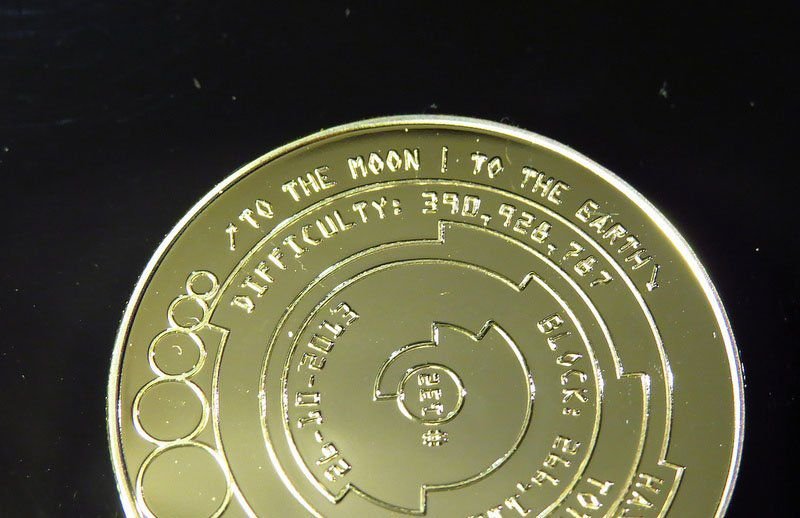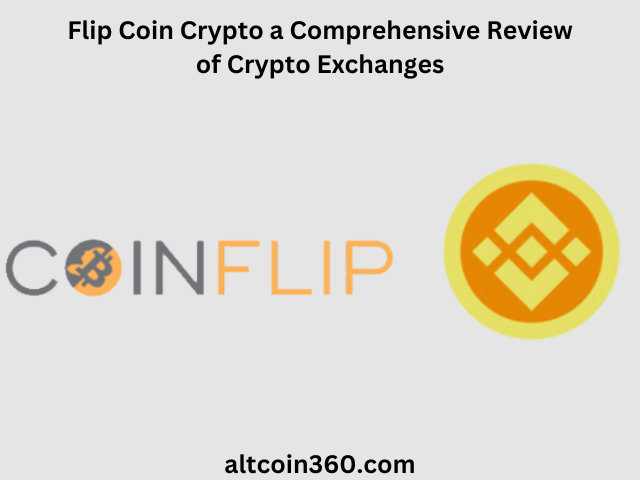Ethereum and Solana stand as prominent blockchain platforms, each offering unique approaches to scalability, decentralization, and smart contract functionality. As the crypto landscape expands, understanding the distinguishing features and differences between these platforms becomes pivotal for investors, developers, and enthusiasts. In this comparative analysis, we’ll delve into the key aspects of Ethereum and Solana, exploring their technologies, strengths, limitations, and potential implications for the future of blockchain ecosystems.
Ethereum: Pioneer of Smart Contracts
Smart Contract Functionality
Ethereum introduced smart contracts, enabling decentralized applications (dApps) and programmable transactions, driving innovation in DeFi, NFTs, and decentralized applications.
Scalability Challenges
Ethereum faces scalability issues, notably high gas fees and network congestion, hindering its ability to handle a high volume of transactions efficiently.
Solana: Focus on Scalability and Throughput
Scalability and Speed
Solana boasts high throughput and scalability, leveraging a unique Proof of History (PoH) consensus combined with Proof of Stake (PoS), allowing for faster transaction processing.
Decentralization and Consensus
Solana emphasizes decentralization while achieving high speeds, aiming to balance scalability with a secure and decentralized network architecture.
Comparative Analysis
Transaction Speed and Throughput
Solana outperforms Ethereum in transaction speed, processing thousands of transactions per second (TPS) compared to Ethereum’s current TPS limitations.
Development Ecosystem
Ethereum boasts a robust ecosystem with a wide array of decentralized applications, whereas Solana is rapidly growing, attracting developers with its high-speed capabilities.
Gas Fees and User Experience
Ethereum’s high gas fees and network congestion impact user experience, whereas Solana’s low fees and scalability contribute to a smoother and cost-effective experience for users.
Future Prospects and Challenges
Ethereum 2.0 Upgrade
Ethereum’s transition to Ethereum 2.0 aims to address scalability issues through the implementation of Proof of Stake (PoS) and sharding, potentially improving scalability and efficiency.





